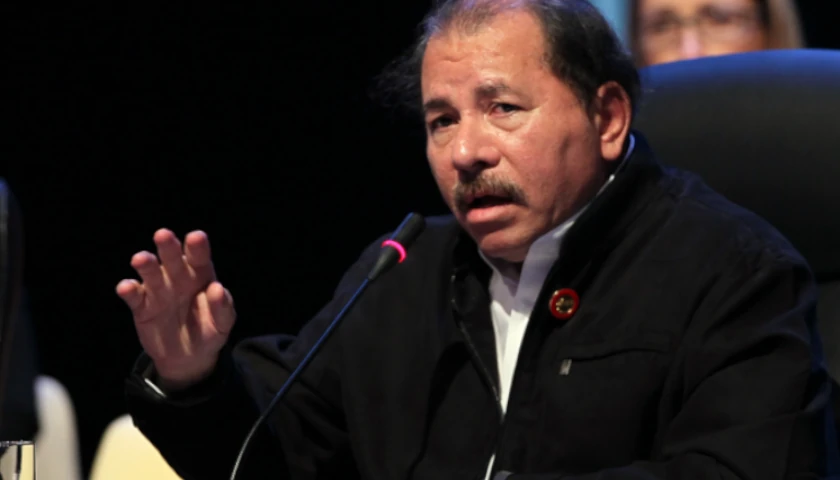by Dianelis Hernandez
The US NGO Freedom House warned on Wednesday about the growing use of repressive measures against dissidents. On the island, where more than 50 countries are listed, Nicaragua, Cuba and Venezuela stand out. The document refers, among other issues, to the restriction of freedom of movement of opponents of these regimes.
According to the organization’s annual report, the coercive measures they use include the withdrawal of nationality, travel bans, withholding of identity documents and denial of consular services. The document, which focuses on “transnational repression,” also highlights that these restrictions are less visible forms of repression compared to the killings and kidnappings that also occur.
“Transnational repression” is a relatively new term that came into use after the murder of Saudi journalist Jamal Khashoggi at his country’s consulate in Istanbul in 2018, as he was collecting documents to marry his Turkish fiancée.
In total, according to Freedom House, some 55 states use at least one of these four types of restrictions on the freedom of movement of their citizens. The text is based on interviews with 31 people from Saudi Arabia, Belarus, India, Nicaragua and Rwanda who are in this situation.
The report, available on the website of the North American NGO, refers both to individual dissidents and pro-democracy activists, such as those from Hong Kong, exiled in the United Kingdom, or to entire groups, such as the Eritreans, who live abroad.
One of the examples the organization used to visualize its results is that of the Nicaraguan dictatorship of Daniel Ortega, which in 2023 alone stripped 222 imprisoned opponents of their nationality shortly after deporting them to the United States. It even explains that officials of that regime forced each of the opponents to sign a form stating that they consented to the deportation.
Another 94 Nicaraguans, most of whom were living in exile, lost their citizenship and property, the report said. In Nicaragua, travel bans extend to relatives of opposition members, who cannot buy plane or bus tickets because the regime shares their data with transport companies, the report added.
Nationality stripping is a widespread measure in the Middle East that has affected hundreds of people in Bahrain, Egypt, Kuwait and the United Arab Emirates over the past decade.
Of the 55 states, at least 40 have travel bans in place, the report said. In many of these countries, such as India and Saudi Arabia, there is no official list of those affected, so people often learn of the travel ban at the airport or through rumors.
It also states that, at the beginning of the month, international organizations in defense of human rights condemned the high levels of repression and violence in Venezuela , and demanded that the authorities guarantee the right to protest and respect the rights of Venezuelans, “essential elements” in democracy.
The organizations signed a statement expressing their concern about the “arbitrary” arrests and the criminalization of protests, in a pre-election and post-election context in the South American country marked by repression and multiple human rights violations.
In the case of the Chavista regime, these include “a serious pattern of politically motivated detentions, potentially unlawful killings, restrictions on press freedom and internet shutdowns,” says Freedom House.
In conclusion, the report states that “governments and civil society organisations must publicly condemn arbitrary mobility controls and be held accountable for them in strategies designed to support human rights defenders.”
– – –
Dianelis Hernandez is a writer for ADN America.
Photo “Daniel Ortega” by Cubadebate CC BY-NC-SA 2.0.









